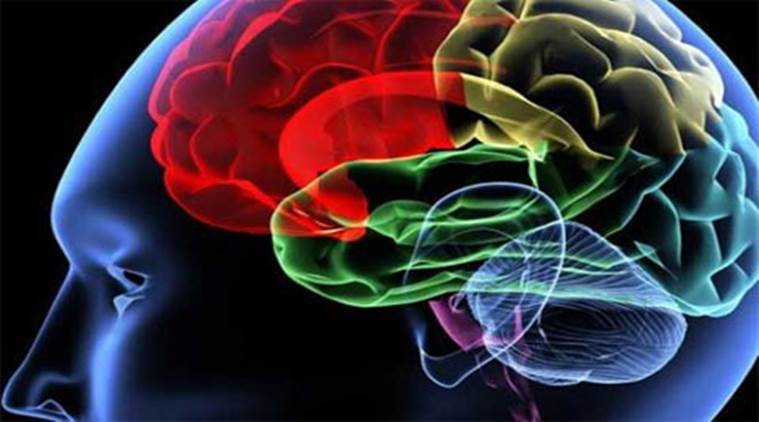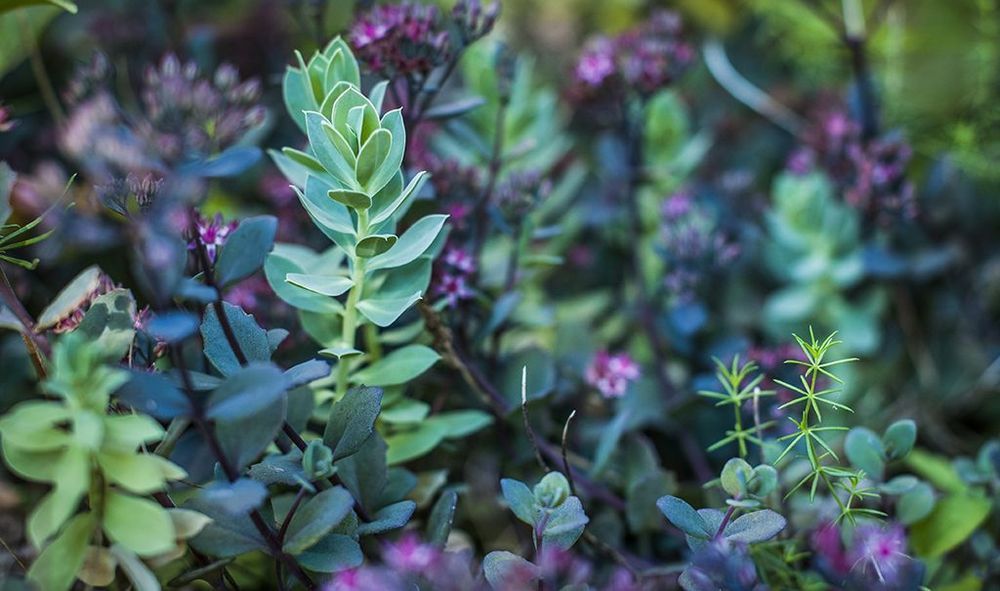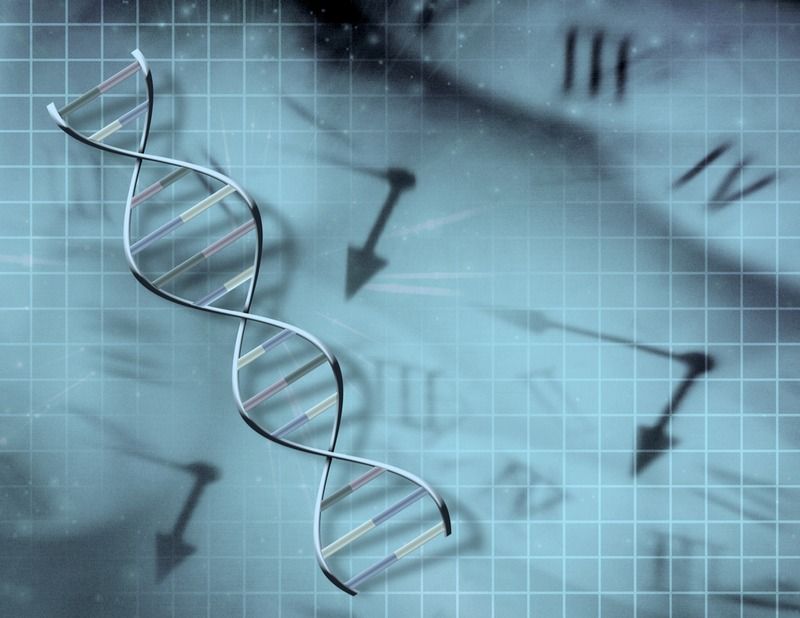Category: biological



Ahmedabad: MSU researcher gets global grant for vesicular trafficking study
It is the first such research to be undertaken at the university.
IBRO is the global federation of neuroscience organizations that aims to promote and support neuroscience around the world through training, teaching, collaborative research, outreach and advocacy.
The research will be carried out at Sahu’s Cell Biology and Molecular metabolism lab at the Vikram Sarabhai Institute of Cell and Molecular Biology, which is headed by Professor Sarita Gupta.

Machine learning unlocks plants’ secrets
Plants are master chemists, and Michigan State University researchers have unlocked their secret of producing specialized metabolites.
The research, published in the latest issue of Proceedings of the National Academy of Sciences, combined plant biology and machine learning to sort through tens of thousands of genes to determine which genes make specialized metabolites.
Some metabolites attract pollinators while others repel pests. Ever wonder why deer eat tulips and not daffodils? It’s because daffodils have metabolites to fend off the critters who’d dine on them.


New Aging Clock Accurately Predicts Biological Age
Researchers at the Harvard T.H. Chan School of Public Health have discovered a new aging clock that can accurately determine both chronological and biological age in a wide variety of species.
Aging and the nucleolus
There are two kinds of age: chronological age, which is strictly the number of years that something has lived, and biological age, which is influenced by diet, exercise, environment, and similar factors. Biological age is the superior measure of true age and is an accurate predictor of all-cause mortality.

Are Whales Smarter Than We Are?
Circa 2008
“Truth uncompromisingly told will always have its ragged edges.” Herman Melville.
Call me Ishmael for making conjectures unflattering to humankind, but could Moby Dick have been smarter than captain Ahab? Melville certainly seemed to think so. Moby clipped off one of the captain’s legs and then, years later, in a brilliant move of cetacean jujitsu, drowned poor Ahab by towing him into the abyss by the harpoon rope tangled around Ahab’s remaining leg. “From Hell’s heart I stab at thee!” Gulp. We humans pride ourselves on our big brains. We never seem to tire of bragging about how our supreme intelligence empowers us to lord over all other animals on the planet. Yet the biological facts don’t quite square with Homo sapiens’ arrogance. The fact is, people do not have the largest brains on the planet, either in absolute size or in proportion to body size. Whales, not people, have the biggest brains of any animal on earth.
Neural processing during trauma and lifetime adversity interact to increase core symptom of PTSD
Lifetime adversity and increased neural processing during a traumatic event combine to increase the frequency of intrusive traumatic memories and the distress they cause, according to a new study in Biological Psychiatry: Cognitive Neuroscience and Neuroimaging. The increased neural processing was found in brain regions important for emotion and memory. The involuntary recollection of traumatic events is a core symptom of posttraumatic stress disorder (PTSD), and the findings could help explain why some people are susceptible to the effects of traumatic experiences and others are resilient.
“Understanding why some people develop intrusive thoughts of a stressful or traumatic event and others do not is an important step towards preventing and treating posttraumatic stress disorder,” said Cameron Carter, MD, Editor of Biological Psychiatry: Cognitive Neuroscience and Neuroimaging.
Due to the nature of real-life trauma, which happens randomly and encompasses many different kinds of adversity, it is impossible to examine how neural processing during natural events contributes to PTSD. Researchers at the University of Salzburg, Austria, have now completed the first study of two well-known risk factors of PTSD, using fMRI to measure brain function during experimental trauma. After watching disturbing films of severe interpersonal violence, the study participants reported how often they experienced intrusive memories of the films, and how distressing the memories were. “This allowed us to study how the brain deals with intensely emotional events,” said lead author Julina Rattel, MSc, a Ph.D. student in the laboratory of senior author Frank Wilhelm, Ph.D.